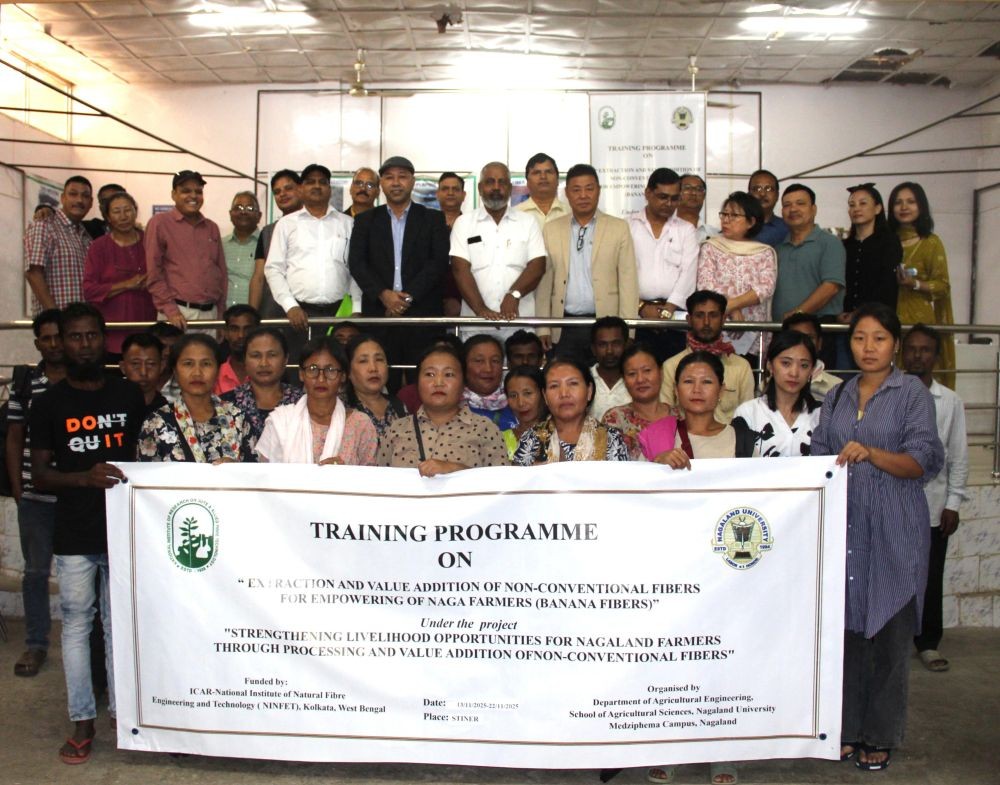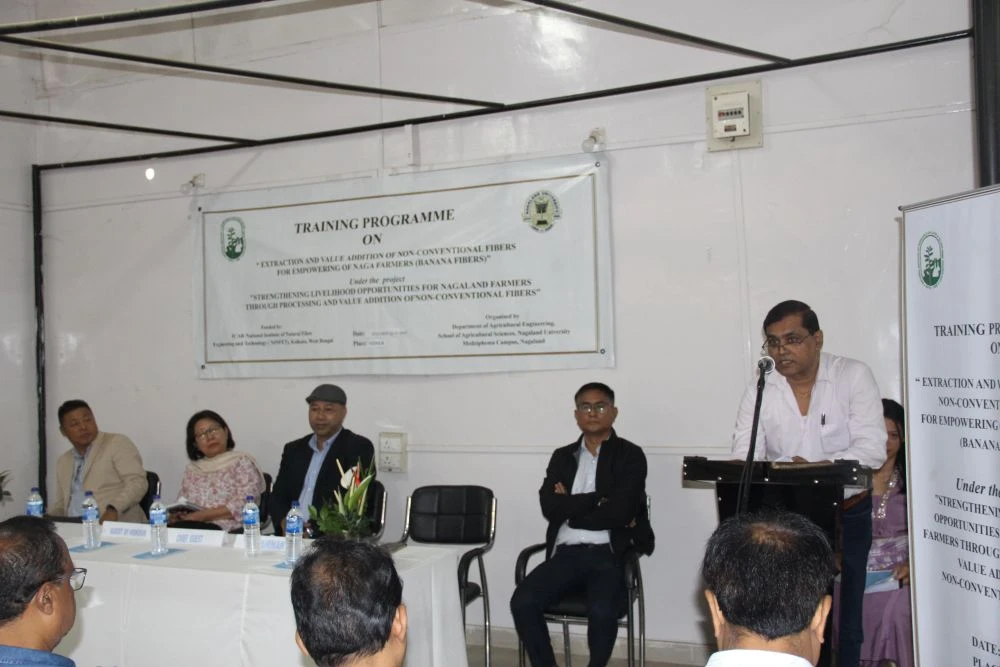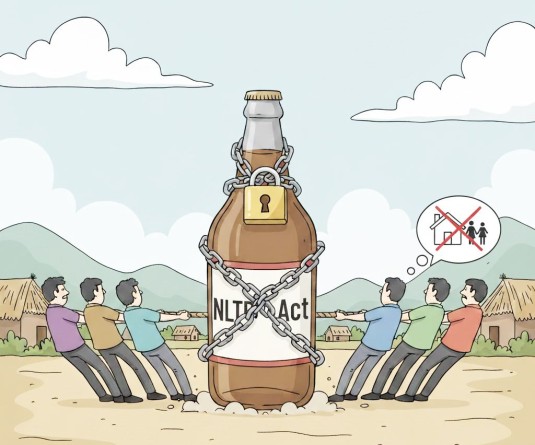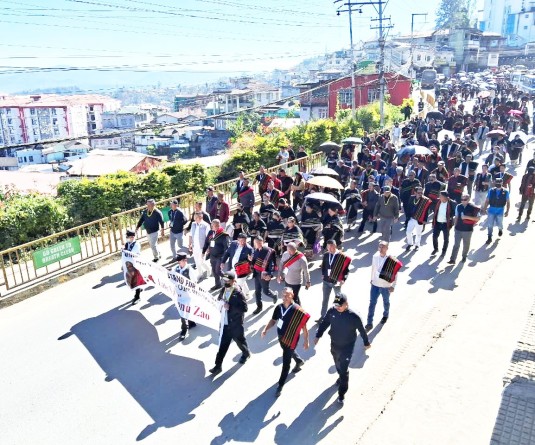Participants and resource persons at the inaugural of the 10-day farmers’ training programme on extraction and value addition of non-conventional banana fibre at the School of Agricultural Sciences, Nagaland University, Medziphema campus.

MEDZIPHEMA, NOVEMBER 18 (MExN): A 10-day farmers’ training programme on extraction and value addition of non-conventional banana fibre, aimed at empowering Naga farmers with innovative agricultural practices, was inaugurated on November 13 at the School of Agricultural Sciences, Nagaland University, Medziphema campus.
The programme is organised by the Department of Agricultural Engineering in collaboration with Science & Technology Intervention in North Eastern Region (STINER), SAS, and funded by ICAR–National Institute of Fibre Engineering and Technology (NINFET), Kolkata.
Pro Vice-Chancellor Prof Dipak Sinha, Dean Prof Pauline Alila and In-charge, Extension Cell, Prof L. Tongpang, attended the inaugural event along with senior professors, heads of departments and faculty members of the School of Agricultural Sciences.
Project Principal Investigator Prof Khan Chand of the Department of Agricultural Engineering briefed the participants on the project and the benefits of eco-friendly banana fibre. Drawing on his experience in food processing, he explained the process of fibre extraction and its transformation into marketable products.
A total of 25 local farmers took part in the inaugural session and will undergo hands-on training on efficient fibre extraction and the subsequent processes required for value addition. The initiative aims to enhance livelihood opportunities for farmers by introducing sustainable, income-generating technologies.
Speakers at the programme highlighted the importance of adopting innovative and eco-friendly agricultural practices for rural development. The interactive session showcased the potential of banana fibre as a sustainable alternative for various industries and encouraged farmers to acquire new skills for economic growth.
The organisers said such programmes help bridge the gap between scientific research and grassroots application, fostering community development and entrepreneurship among local farmers.





.jpg)
